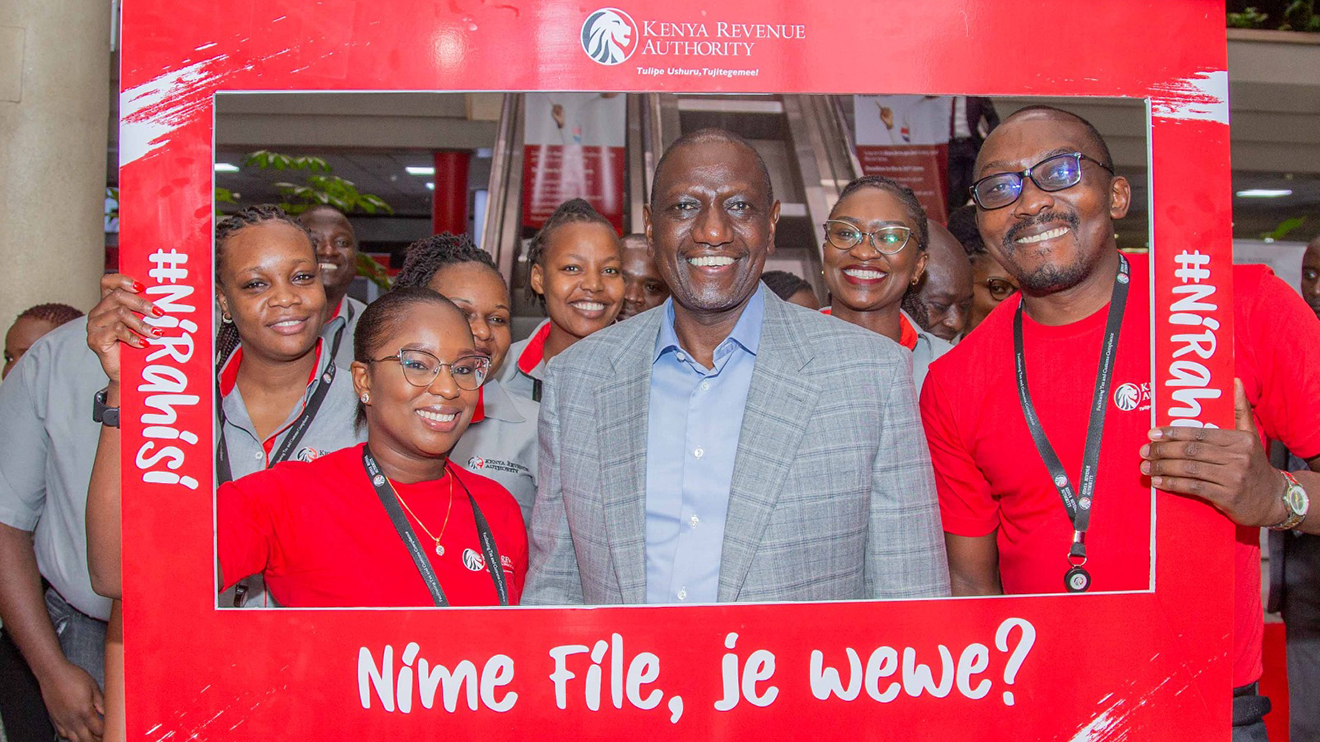The United States and China have agreed to reduce their steep trade tariffs for 90 days, offering a pause in tensions as both sides resume talks.
President Donald Trump called the outcome a “total reset” following weekend negotiations in Geneva.
The agreement, announced on Monday, will see US tariffs on Chinese goods drop from 145 per cent to 30 per cent, while China will cut its duties from 125 per cent to 10 per cent. These changes will take effect by Wednesday.
"Yesterday we achieved a total reset with China after productive talks in Geneva," Trump said.
"I'll speak to President Xi, maybe at the end of the week."
Read More
Markets reacted positively, with major Wall Street indexes rising after weeks of uncertainty.
US Treasury Secretary Scott Bessent, who led the American delegation, described the meeting with Chinese Vice Premier He Lifeng and trade envoy Li Chenggang as “productive” and “robust,” noting that both sides showed a great respect.
Bessent said more meetings are expected soon, aiming for “a more fulsome agreement.” He told CNBC the pause will allow talks on “non-tariff barriers weighing on US firms,” and clarified that the US seeks “decoupling for strategic necessities,” not a complete break from China.
China’s commerce ministry called the outcome substantial progress and stated, “This move is in the interest of the two countries and the common interest of the world.”
It urged the US to continue efforts to correct the wrong practice of unilateral tariff rises.
China also agreed to remove or suspend non-tariff countermeasures.
Some tariffs, including a 20 per cent levy tied to fentanyl-related chemicals, will remain.
US Trade Representative Jamieson Greer said, “Those remain unchanged for now.”
But he added, “both the Chinese and United States agreed to work constructively together on fentanyl and there is a positive path forward there as well.”
The two sides agreed to establish a mechanism to continue discussions about economic and trade relations.
Bessent said the talks helped avoid further escalation, saying the tariffs had created a trade embargo between the two countries.
China said future talks would be held regularly or as needed in either country or a third location.
Analysts say the truce is progress but caution it may not last.
Capital Economics’ Mark Williams called it a substantial de-escalation but warned, “There is no guarantee that the 90-day truce will give way to a lasting ceasefire.”
Zhiwei Zhang of Pinpoint Asset Management said China stood firm and reduced tariffs without concessions.
“China took a tough stance on the US threat of high tariffs and eventually managed to get the tariffs down significantly without making concessions,” he said.
The Geneva meeting followed Trump’s recent trade deal with the UK—the first since new US tariffs were introduced.


-1751376032.jpg)
-1751369458.jpg)




